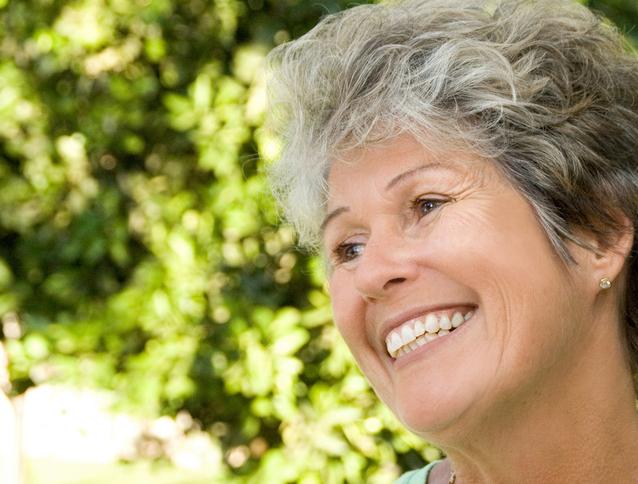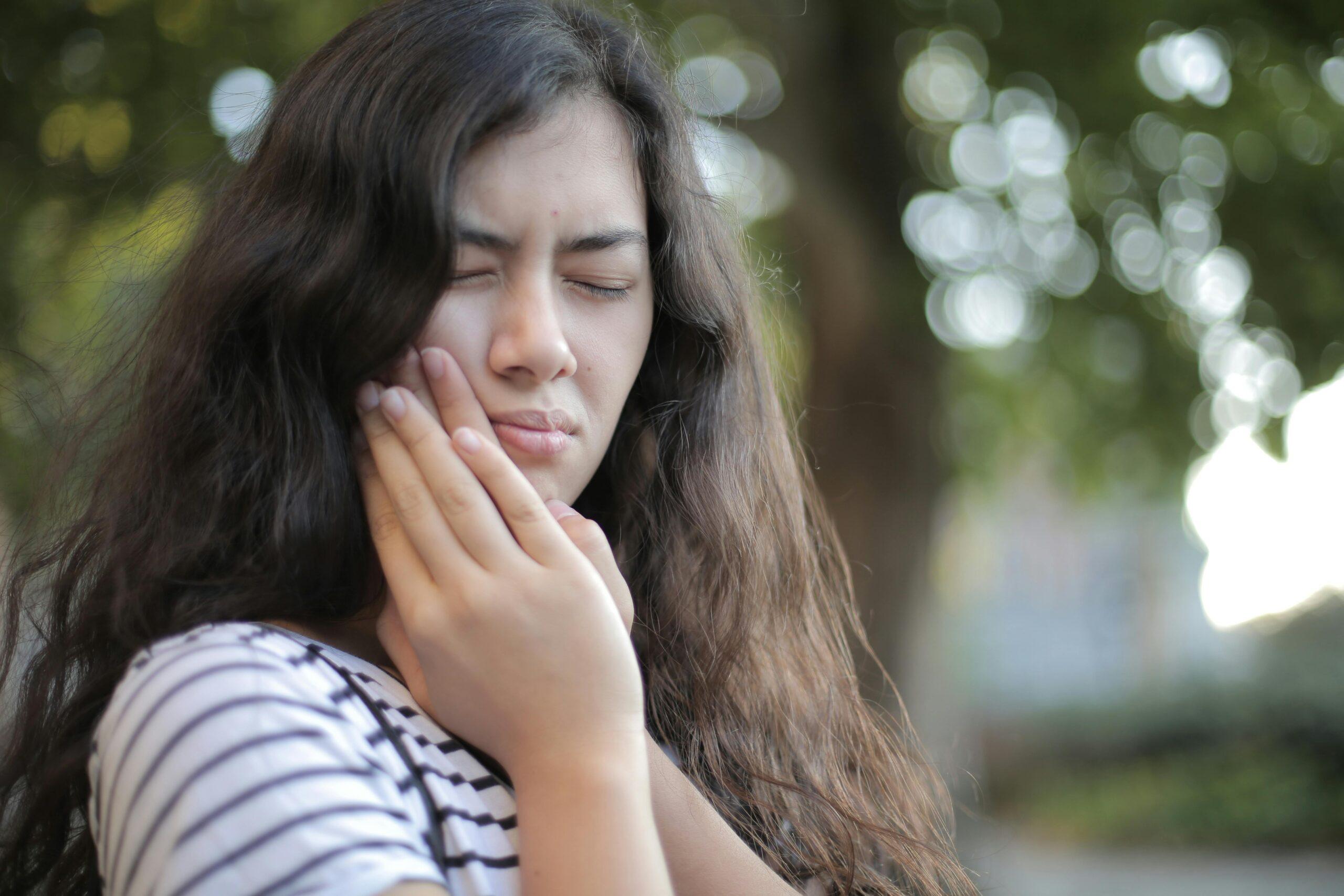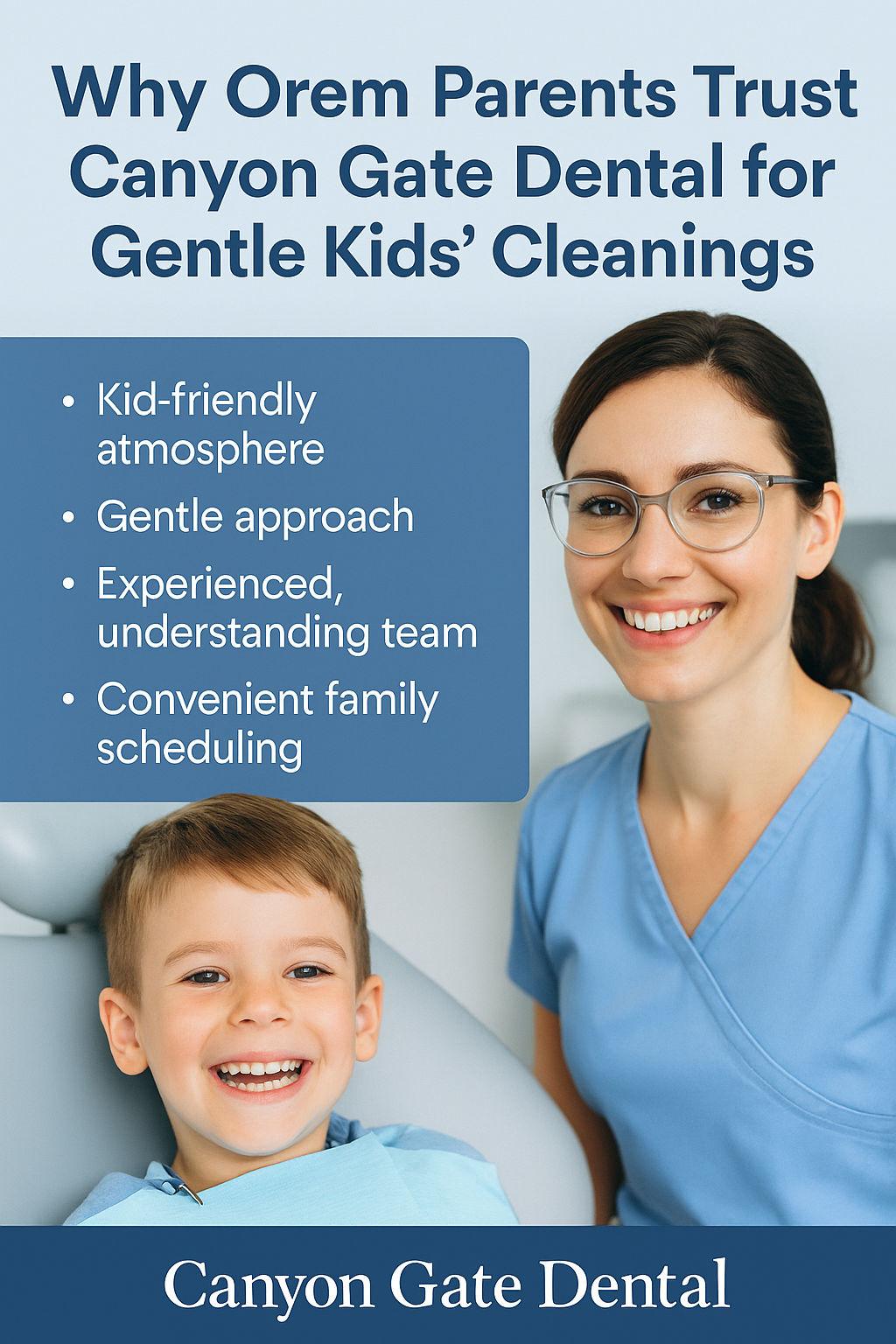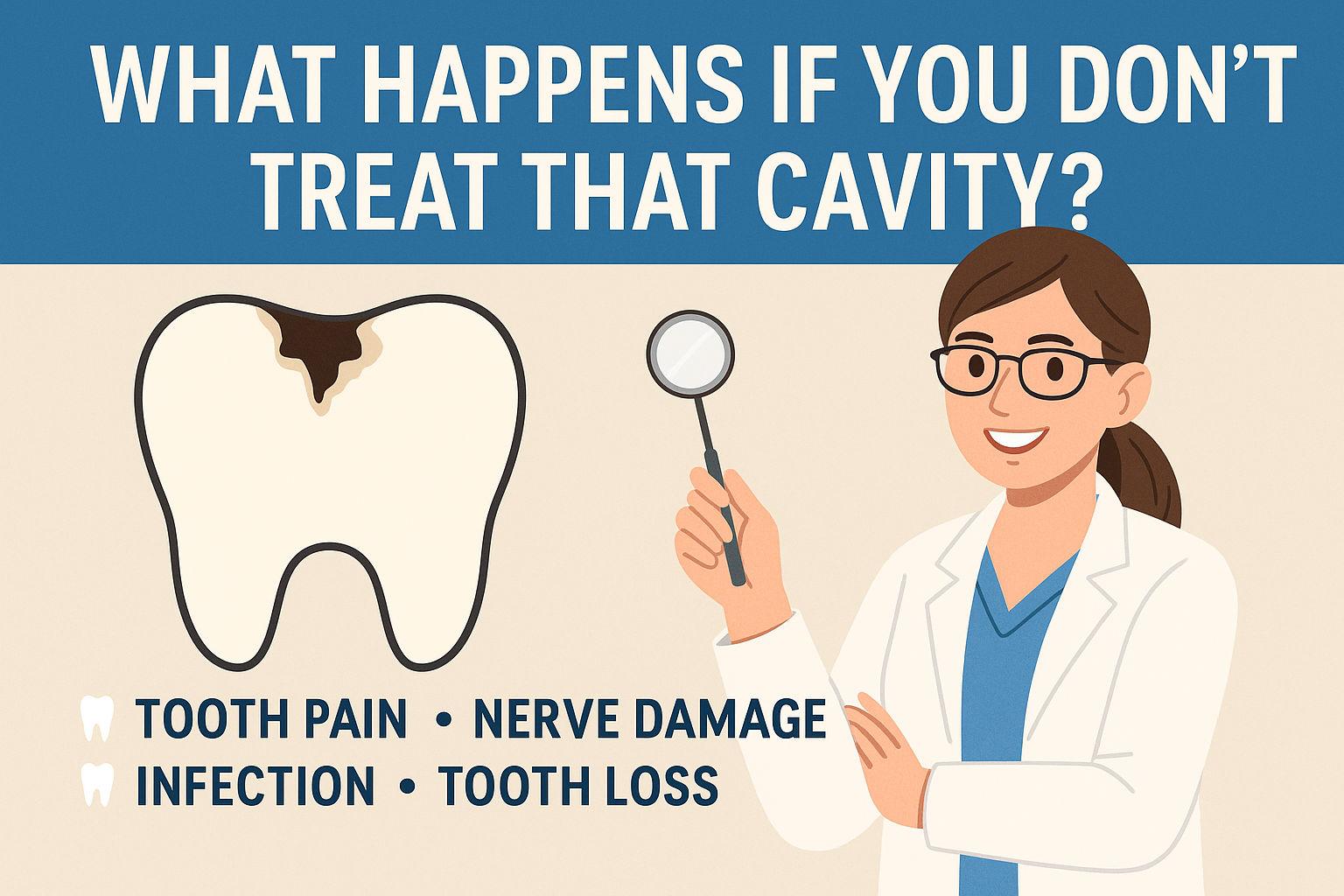As an experienced Dentistry in Orem, Utah if there is anything, we recommend it is to definitely take care of your dental health through aging.
As you grow older, it becomes more imperative to maintain good dental hygiene practices.
This is because aging changes all the body’s cells, organs, and tissues, including your teeth and gums.
There are certain medications and medical conditions that exist in older individuals that negatively affect oral hygiene. Taking proper care of your dental health through aging is a sure-fire way to keep your mouth full of pearly whites.
How Aging Affects Your Dental Health
- The cells in your mouth renew at a much slower rate than in your younger years.
- Your mouth and gum tissue become thinner and sensitive.
- All your body’s bones become less strong.
- Your immune system becomes weaker, so healing from infections takes much longer.
Common Dental Health Issues In Older Adults
- Dry Mouth. This problem is usually because of medication, health conditions, or lifestyle habits such as smoking.
- Gum Problems. Lifestyle habits such as smoking, not flossing, neglecting good dental hygiene practices, and certain health conditions can cause gum illnesses.
- Dental Cavities.
- Oral Cancer.
Tips for Good Dental Hygiene Practices
- Use a toothbrush with soft bristles to brush your teeth in the morning and evening.
- Floss your teeth once daily.
- If you wear partial or full dentures, clean them every day. The best practice is to leave your dentures out for at least 4 hours daily and take them out before bed.
- Drink enough tap water every day. Most tap water contains fluoride, which helps prevent your teeth from decaying. This works regardless of your age.
- Say goodbye to smoking. It may be difficult, but smoking can lead to severe dental and health issues. These issues include gum disease, tooth loss, tooth decay, lung cancer, and other cancers.
- Go for regular dental checkups. Visit your dentist regularly to maintain good dental hygiene. You will also know a dental health problem before it becomes critical.
Taking care of a disabled or elderly person
If you have a loved one or close friend who is elderly or disabled and can’t maintain their dental hygiene, there are ways you can help them.
- Remind them to brush and floss their teeth every day.
- Take them to dentist appointments regularly.
- Find a dentist who specializes in helping elderly and disabled people so you can receive the best support and advice.
- If the person you’re taking care of has dentures, be mindful of their eating habits. Eating less or finding it difficult to eat may be caused by a denture problem.
- Make sure the person you’re taking of, has their dentures washed after every meal and leaves them in water overnight.
- Encourage eating healthy foods such as fruits, whole grains, and drinking plain water. The elderly or disabled individual should avoid sugary foods and snacks in-between meals.
Keeping a close eye on the person you’re taking care of is a great idea. The elderly and people with disabilities might often find it hard to communicate problems or limitations they experience, and neglecting their dental hygiene would only have negative repercussions on their current condition.
If you are unsure about anything or you have grave concerns about the person you are taking care of, consult with their dentist or doctor for professional help.









